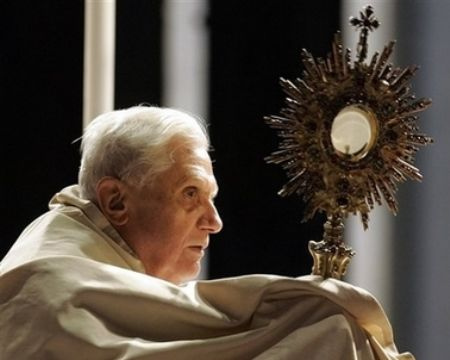Sweet Sacrifice
I wanted to just blog briefly about a passage of scripture which I’ve been thinking a lot about recently, 2 Samuel 24:18-24:
That day Gad came to David and said to him, “Go up and build an altar to the Lord on the threshing floor of Araunah the Jebusite.”
So David went up to do what the Lord had commanded him. When Araunah saw the king and his men coming toward him, he came and bowed before the king with his face to the ground. “Why have you come, my lord the king?” Araunah asked.
David replied, “I have come to buy your threshing floor and to build an altar to the Lord there, so that he will stop the plague.”
“Take it, my lord the king, and use it as you wish,” Araunah said to David. “Here are oxen for the burnt offering, and you can use the threshing boards and ox yokes for wood to build a fire on the altar. I will give it all to you, Your Majesty, and may the Lord your God accept your sacrifice.”
But the king replied to Araunah, “No, I insist on buying it, for I will not present burnt offerings to the Lord my God that have cost me nothing.” So David paid him fifty pieces of silver for the threshing floor and the oxen.
I few years ago I came across this passage only minutes before I was about to do something I really did not want to do. The part that stuck out to me was that David refused to offer to God the free gifts from Araunah:
“I will not [make a sacrifice that] cost me nothing“
This Scripture passage showed me what makes a sacrifice…a sacrifice. The very nature of a sacrifice is that it costs us something. It reminded me that living a life which gives glory to God sometimes requires us to do what we would rather avoid.
“The sacrifices of God are a broken spirit; a broken and contrite heart.” – Psalm 51:7

